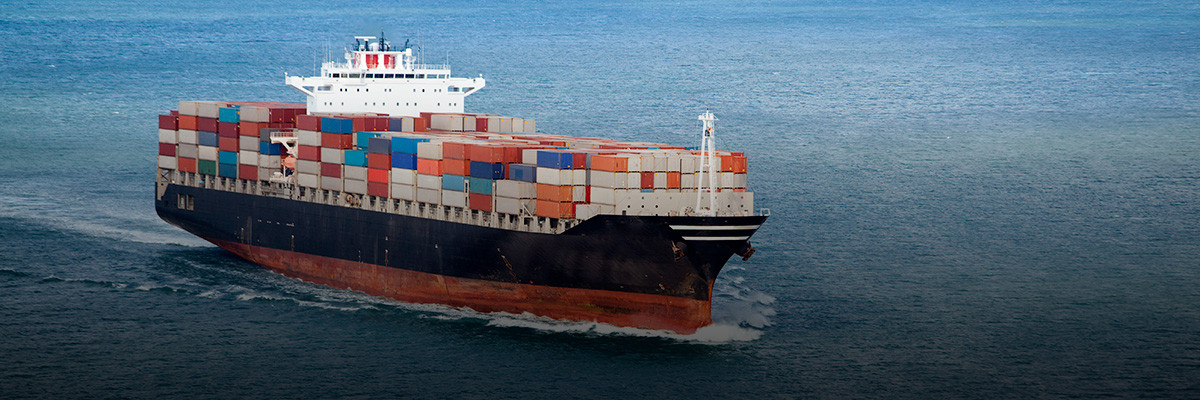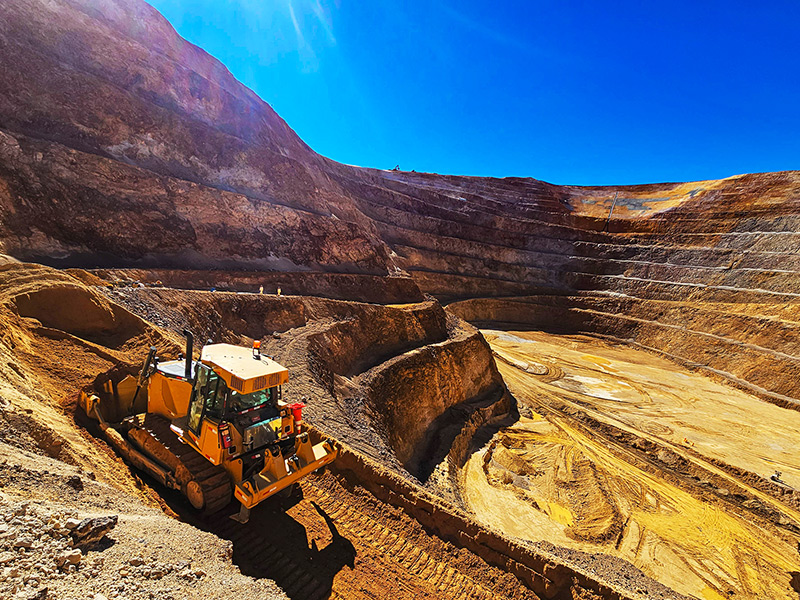
Authors
-
Charlotte Bancilhon
Former Director, Sustainability Management, BSR
In the spring of 2017, we spoke with a number of our members about how sustainability is managed within their companies, including what is working and what isn’t. These conversations informed our report Redefining Sustainable Business: Management for a Rapidly Changing World, which presents our blueprint for creating resilient business strategies.
Annette Stube, head of sustainability at Maersk, shared her insights on the role of the sustainability team, sustainability risks for the company, and how to measure impact.
Charlotte Bancilhon: What are your main opportunities and challenges related to the integration of sustainability into Maersk’s corporate strategy?
Annette Stube: Maersk is implementing a new sustainability strategy following organizational change. Maersk is a 120-year-old conglomerate with many different kinds of businesses. Today, we are refocusing our business on transport and logistics, spinning off our industrial and oil and gas businesses. In light of this change, Maersk has developed new corporate strategy, which leverages the synergies between businesses. We aim to be a global integrator of container logistics.
This is a good time to be speaking about sustainability at Maersk. We have shaped our sustainability priorities to support this corporate strategy. The priorities include our historic corporate responsibility agenda, which is focused on mitigating negative impacts, but they also include how Maersk can contribute to solving sustainability mega-challenges like climate change, food loss, and informal trade barriers, which prevent thousands of companies in developing countries from accessing international supply chains.
Bancilhon: How has your materiality assessment helped you in this process?
Stube: We conduct a materiality assessment every year. We have used the outcome of our enterprise risk management process to inform our sustainability materiality assessment. This has been hugely valuable, as we are able to distinguish between what is a business risk and what is not and manage it accordingly. Executives get tired of hearing that all sustainability issues are risks, and really, they are not. We may still want to handle them, but for other reasons.
For example, the sulfur oxide emissions (SoX) from our ships have impacts on coastal population’s health. New regulations capping SoX are timely. We have supported this legislation, but it will be very costly in terms of compliant fuel, and currently there is no enforcement mechanism. Savings of between US$700,000 and US$1 million for a single trip between Asia and Europe by using non-compliant fuel could be tempting for some. The real business risk therefore is that without an enforcement mechanism, we might be put at a real competitive disadvantage.
Bancilhon: How do you measure the impact of your sustainability efforts?
Stube: For our sustainability programs, we define value both for our company and for society. For example, our programs around enabling trade provide growth for Maersk and economic development for society as a whole. We keep this duality in mind, and our programs need to deliver on both objectives.
A few years ago, we wanted to look at measuring our impact. We were able to define indicators related to process, but we have still yet to fully crack the code in terms of defining indicators related to the actual larger societal impacts of our efforts. For the business, value creators include growth, cost reduction, brand building, and employee engagement. It is very useful to measure the return-on-investment of our programs but remains difficult to put exact numbers on it.
Bancilhon: Does your sustainability reporting support improved sustainability performance?
Stube: Sustainability reporting makes a lot of sense to us. Reporting has an effect to solidify program management. Applying a reporting regime gives us the same understanding across the business. Reporting on program outcomes pushes teams toward high quality outcomes.
Bancilhon: What is the role of the sustainability team in all of this?
Stube: The scope of the sustainability team is evolving. My team needs to have deep sustainability knowledge on the well-known issues, but sustainability people are also ‘translating’ what is happening in society to the company—and vice versa. For this, new competencies are needed. These teams will increasingly not only be people mitigating environmental impacts, but people with a different understanding of global economies and how we as a company can play a role in solving the larger problems. It goes way beyond, for example, environmental expertise to find ways of supporting economic development and job creation. It can mean doing business in a slightly different way to make trade more inclusive or being involved with a new set of stakeholders to develop the markets. This is a really exciting transition, although we must continue to be on top of the more well-known agenda as well.
We invite our member companies and other interested stakeholders to engage with us and continue to shape the future of sustainable business through our Redefining Sustainable Business event series this year. Please visit our calendar for the most up-to-date information about events in your region.
Topics
Let’s talk about how BSR can help you to transform your business and achieve your sustainability goals.







